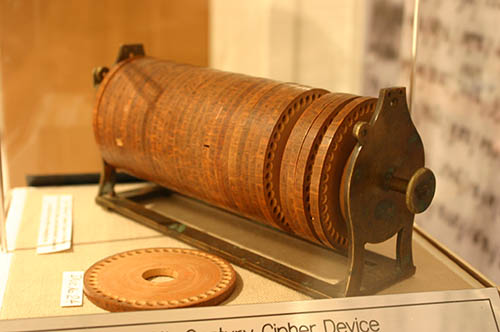The letter is a response to statements made in recent months by officials in the U.S. and elsewhere that suggest companies may be compelled to subvert the security of their systems to allow access by Western law enforcement and intelligence agencies. As CPJ has reported, such technical backdoors are as unworkable as they are dangerous. Any vulnerability introduced for one purpose can be exploited by anyone with the technical capabilities, thus imperiling journalists, the free flow of news–even computing as we know it. Further, such demands give cover to oppressive regimes that may abuse anti-privacy rhetoric for their own ends.
Today’s letter represents CPJ’s proactive efforts on technology policy. In February, CPJ sent a joint letter, drafted in partnership with the Reporters Committee for Freedom of the Press, urging United Nations Special Rapporteur on the promotion and protection of the right to freedom of opinion and expression David Kaye to ensure that U.N. policies protect journalists’ speech and privacy rights by protecting their access to strong cryptographic tools.
As the technological threats to press freedom proliferate, CPJ will continue to ramp up its efforts to protect journalists’ ability to protect themselves.
A copy of the letter can be viewed here.
